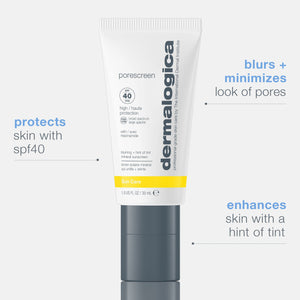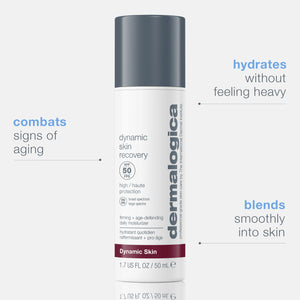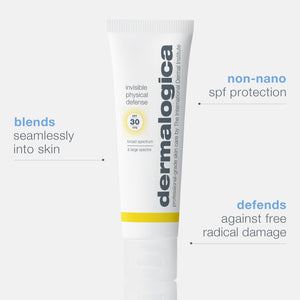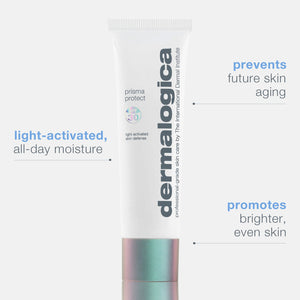6 min read
Physical vs chemical sunscreen
In the world of skin care, the topic of sunscreen can be complex. Today, we're shedding light on the differences between physical and chemical SPF so you can pick the perfect protector for your skin.
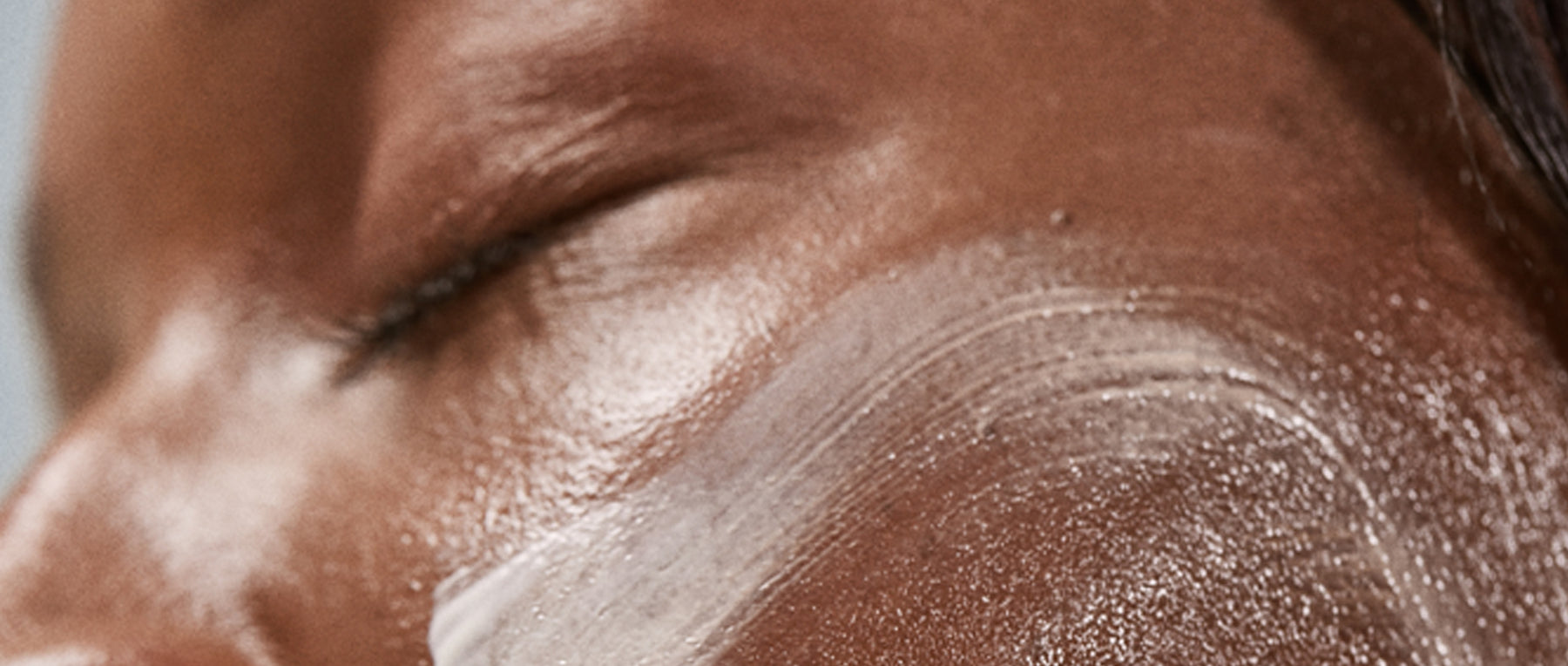
In this article, we’ll explore the following:
- What are the two types of sunscreen?
- What are the benefits of physical vs chemical spf?
- What is the right sunscreen for your skin?
Understanding Sunscreen Basics
Before we dive into the specifics of physical and chemical sunscreens, let’s start with some fundamental concepts. Sunscreen is a vital component of skin care routines, offering protection against harmful UV rays from the sun.
Regardless of the type, the primary goal of sunscreen is to shield the skin from sun damage, which can lead to premature aging, sunburns, and even skin cancer.
There are two main types of sunscreen: physical and chemical. Both have their own unique properties and benefits, and both help protect skin from UV rays.

What is the physical sunscreen?
Let’s start with physical sunscreen, often referred to as mineral sunscreen. Think of it as a protective shield that sits atop your skin, reflecting harmful UV rays away. While some formulas may initially leave a faint white residue, advancements have led to smoother blends which you will find in our collection of Physical SPFs.
Benefits of Physical Sunscreen:
- Broad-spectrum protection: Shields against both UVA and UVB rays, offering comprehensive sun protection.
- Gentle formulation: Suitable for sensitive skin types, as it sits on the skin’s surface and doesn’t penetrate deeply.
- Immediate effectiveness: Begins protecting your skin as soon as it’s applied, with no need to wait for absorption.
Our Physical Sunscreen Recommendations:
- Porescreen SPF 40: Ideal for blurring pores and providing a subtle tint for a flawless complexion.
- Skinperfect Primer SPF 30: A multitasking formula that smooths fine lines while offering sun protection, perfect for pre-makeup prep.
- Invisible Physical Defense SPF 30: Delivers sheer protection without the chalky finish often associated with physical sunscreens.
To identify this type of sunscreen, look for the words “mineral” or “physical,” as well as active ingredients like Zinc Oxide or Titanium Dioxide.
What is chemical sunscreen?
Now, let’s talk chemical sunscreen. This type absorbs into the skin, converting UV rays into heat. Loved for its lightweight feel and ease of application, chemical sunscreen is a popular choice.
Benefits of chemical sunscreen:
- Broad-spectrum protection: Shields against both UVA and UVB rays, offering comprehensive sun protection.
- Lightweight texture: Chemical sunscreens typically have a lighter texture, making them easier to apply and blend into skin.
- Invisible finish: Provides an invisible finish, ideal for everyday wear and suitable for all skin types and tones.
Here are our favorites:
- Dynamic Skin Recovery SPF 50: A fan favorite, this SPF moisturizer combats signs of aging, visibly firming, hydrating, and protecting the skin.
- Prisma Protect SPF 30: Hydrates your skin and leaves behind a radiant glow for a healthy complexion.
So what sunscreen should I use?
Ultimately, the decision between physical and chemical sunscreen boils down to personal preference. Whether you gravitate towards the protective barrier of physical sunscreen or the lightweight feel of chemical sunscreen, rest assured, we have an SPF for you.
Most importantly, remember to apply sunscreen generously and reapply regularly, especially after swimming or sweating. By making sunscreen a staple in your skincare routine, you’re safeguarding your skin against premature aging and potential sun damage. Shop our broad range of SPF moisturizers and sunscreens here, or chat with one of our professional skin therapists for personalized recommendations.
Still have SPF questions? Check out our other blogs on broad spectrum spf and things you should know about spf.





